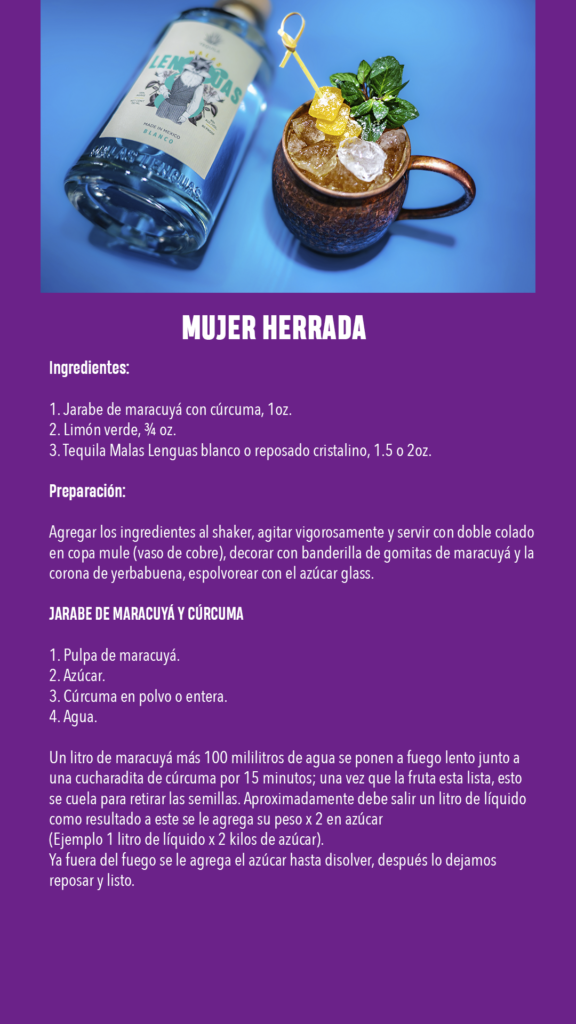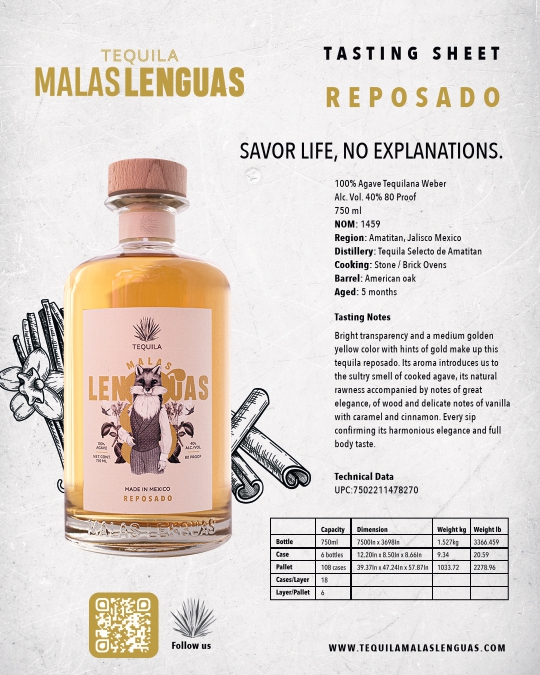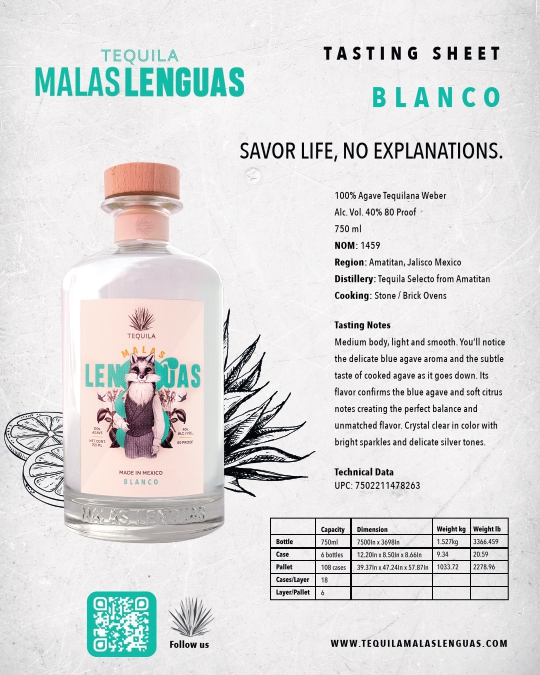Introduction: The Power of Lighthearted Tales in Modern Entertainment
Lighthearted storytelling, characterized by humor, levity, and playful narratives, has long captivated audiences across cultures and eras. Its appeal lies in its ability to entertain while fostering emotional connection, making complex themes more accessible. From ancient fables to contemporary animated series, the evolution of lighthearted tales demonstrates their persistent relevance in engaging diverse audiences.
Historically, traditional tales often included moral lessons delivered through humor and satire, serving both entertainment and societal functions. As media evolved, modern formats such as films, video games, and digital content have continued this tradition, integrating humor to deepen audience engagement. The dynamic interplay of humor and storytelling shapes how viewers and players interpret cultural narratives and fosters a shared sense of joy and understanding.
Humor and levity influence audience engagement by reducing barriers to complex themes, encouraging participation, and eliciting positive emotional responses. This emotional resonance not only enhances entertainment value but also promotes learning and social cohesion.
Contents
- The Educational Value of Lighthearted Narratives
- Lighthearted Tales as a Foundation for Creative Innovation
- Modern Examples of Lighthearted Tales in Entertainment
- Deep Dive: “Le Zeus” as a Case Study in Lighthearted Mythology
- The Psychological and Cultural Impact of Lighthearted Entertainment
- Challenges and Limitations of Lighthearted Tales in Modern Media
- Future Trends: The Evolving Role of Lighthearted Tales in Entertainment
- Conclusion: The Enduring Influence of Lighthearted Tales on Contemporary Entertainment
The Educational Value of Lighthearted Narratives
Lighthearted stories serve as powerful tools for making entertainment more accessible and inclusive. Humor bridges cultural and language barriers, enabling diverse audiences to find common ground. For example, animated films like those from Pixar often incorporate humor that resonates globally, fostering cross-cultural understanding without the need for translation of complex themes.
Furthermore, humor facilitates cultural exchange by highlighting shared human experiences through playful reinterpretations of myths, history, and traditions. This approach encourages audiences to explore unfamiliar concepts in a non-threatening context, enhancing cultural literacy.
Emotionally, lighthearted tales promote resilience and positive outlooks. Engaging with humor during challenging times can reduce stress and improve mental well-being. Research indicates that laughter triggers endorphin release, contributing to emotional health and social bonding.
For instance, the gaming industry has increasingly leveraged humor to create immersive educational experiences—an example being the game bleeding me dry this one, which subtly introduces players to mythological themes through playful mechanics and storytelling, illustrating how levity enhances learning.
Lighthearted Tales as a Foundation for Creative Innovation
Humor acts as a catalyst for genre innovation, inspiring formats such as parody, satire, and absurdist comedy. These styles push creative boundaries while engaging audiences on multiple levels. For example, animated series like “The Simpsons” have pioneered satirical humor that critiques society while entertaining viewers of all ages.
Balancing entertainment with educational messages is essential. Lighthearted narratives can deliver moral lessons subtly embedded within humorous content, making complex ideas more digestible. This balance fosters meaningful engagement without sacrificing fun.
Various domains exemplify this synergy. In literature, comic strips like “Calvin and Hobbes” blend humor with philosophical reflections. In digital media, playful interactive content enhances user participation and promotes learning through gamification.
The success of such media underscores the importance of humor in fostering innovation and educational impact.
Modern Examples of Lighthearted Tales in Entertainment
Video Games: Thematic Naming and Engaging Mechanics — Case of “Le Zeus”
Video games exemplify how humor and myth can be intertwined to create compelling experiences. The game Le Zeus demonstrates this by integrating Greek mythology with playful elements and humorous storytelling. Its thematic naming, such as “LIFE’S A MYSTERY,” invites players to explore mythological worlds with a sense of fun and curiosity.
Features like mystery symbols and surprise mechanics not only enhance gameplay but also mirror storytelling techniques used in traditional myths—symbols representing gods or divine intervention, transformed into interactive elements that foster playful exploration. This approach makes learning about mythology engaging and memorable.
“Le Zeus” exemplifies how humor and lighthearted storytelling can serve educational purposes within entertainment, making ancient stories relevant and appealing to modern audiences.
Television and Film: Comedic Storytelling Shaping Viewer Perceptions
Sitcoms, animated features, and comedy films often utilize humor to shape perceptions of social issues, history, and culture. Shows like “Saturday Night Live” or animated series like “Adventure Time” use levity to address complex themes, making them approachable and thought-provoking.
Literature and Comics: The Enduring Influence of Humor and Levity
From classic comic strips to contemporary graphic novels, humor remains a vital element. Works like “The Far Side” or “XKCD” demonstrate how levity can communicate profound insights with wit, fostering reflection and discussion.
Deep Dive: “Le Zeus” as a Case Study in Lighthearted Mythology
Modern gaming often adopts a thematic approach that blends mythological storytelling with humor, exemplified by titles like “Le Zeus.” This game employs playful characterizations of gods and mythic symbols, transforming ancient stories into engaging, humorous experiences.
Interactive features such as symbolism, surprises, and humorous narratives mirror storytelling techniques used in traditional myths—embodying gods’ divine powers and legendary quests in a lighthearted manner. Such design not only entertains but also educates, as players learn mythological concepts through gameplay.
“Le Zeus” exemplifies how lighthearted tales can have educational potential in gaming, fostering curiosity about mythology while providing entertainment. Its success underscores the importance of humor in making complex themes accessible and memorable.
“Humor in modern games like ‘Le Zeus’ demonstrates that myth can be both educational and entertaining—an essential principle of lighthearted storytelling.”
The Psychological and Cultural Impact of Lighthearted Entertainment
Engaging with humorous content provides significant stress relief and mental health benefits. Laughter activates neural pathways associated with joy, reducing cortisol levels and promoting well-being. For example, comedic series and playful games foster social bonds by shared laughter, reinforcing community ties.
Moreover, playful reinterpretation of myth and history influences cultural perceptions, making these stories more relatable and less intimidating. This approach democratizes knowledge, allowing wider audiences to appreciate and internalize cultural heritage through levity.
Research indicates that humor significantly contributes to social cohesion and cultural resilience, especially in times of societal stress. Incorporating humor into educational and entertainment media creates a more inclusive and resilient cultural fabric.
As an illustration, engaging with myth through humorous digital media like “Le Zeus” helps demystify ancient stories, making them accessible and fostering appreciation for cultural diversity.
Challenges and Limitations of Lighthearted Tales in Modern Media
While humor is a powerful tool, it risks oversimplifying or trivializing complex themes if not handled carefully. For example, reducing profound historical events to mere jokes can diminish their significance and offend cultural sensibilities.
Cultural sensitivity is crucial; stereotypes or stereotypes-based humor can perpetuate misconceptions and reinforce biases. Developers and creators must balance levity with respect for diverse perspectives.
Maintaining meaningful content alongside humor requires skillful storytelling to avoid superficiality. When done well, lighthearted tales enrich understanding; when misused, they can undermine credibility and educational value.
“Humor must serve the story, not overshadow it—a delicate balance that defines the success of lighthearted narratives.”
Future Trends: The Evolving Role of Lighthearted Tales in Entertainment
Emerging technologies such as augmented reality (AR), virtual reality (VR), and artificial intelligence (AI) are expanding the possibilities for humorous storytelling. Interactive experiences can adapt humor dynamically to individual preferences, enhancing engagement and educational potential.
Cross-media storytelling—transmedia—allows narratives to unfold across platforms, enriching the audience’s experience. For instance, mythological stories can be explored through games, comics, and AR applications, making learning immersive and playful.
Beyond entertainment, lighthearted storytelling holds promise for educational applications in classrooms and training programs, fostering creativity and emotional resilience among learners of all ages.
As technology advances, the integration of humor into digital storytelling will continue to evolve, ensuring that lighthearted tales remain central to cultural development.
Conclusion: The Enduring Influence of Lighthearted Tales on Contemporary Entertainment
Throughout history, lighthearted tales have played a vital role in shaping entertainment and cultural narratives. Their ability to entertain, educate, and foster emotional resilience underscores their importance in modern media.
Humor and levity not only make stories more engaging but also serve as tools for social cohesion and cultural understanding. As exemplified by modern games like bleeding me dry this one, these principles continue to be relevant, proving that the power of lighthearted storytelling remains timeless.
Fostering creativity through humor ensures that entertainment remains a dynamic force for cultural development and education, encouraging audiences to explore, learn, and connect through joyful narratives.































